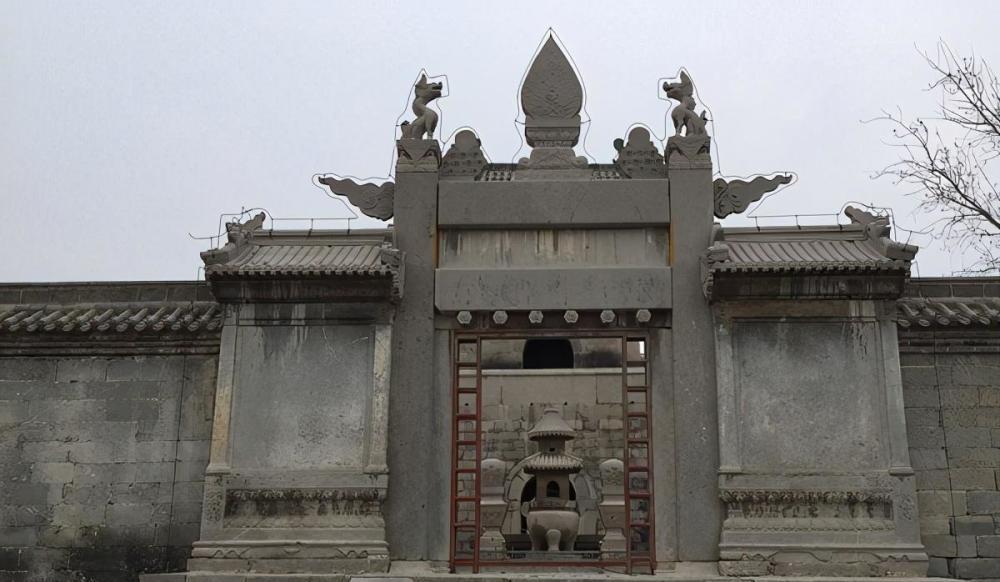It is said that "the dead are great".
In traditional Chinese culture, anyone should be in awe when talking about their ancestors who have passed away. This is actually the minimum basic etiquette and social courtesy. Not only that, but people also pay great attention to what is behind them. Many rich and powerful people began to build mausoleums for themselves in front of themselves, so that they could enjoy the support and support of their children and grandchildren after death.

It is worth mentioning that in the traditional Chinese burial custom, after the death of the deceased, the family will also bury his favorite items or some valuable belongings in the family. Although these actions can pin the family's thoughts and concern for the deceased relatives, it will also invisibly tempt those grave robbers who have ghost fetuses to steal the tomb. Therefore, in this context, the tomb keepers are very important.
In general, the tomb keeper can be an immediate family member of the deceased or a member of a family. This situation is also very common in feudal traditional societies.
Confucian etiquette also stipulates that after the death of both parents, children should suspend all entertainment activities and observe filial piety for both parents. The period of filial piety is generally 27 months. However, compared with keeping filial piety, the work and requirements of keeping the tomb are much simpler. Because the tomb keeper only needs to block some strange people from entering the mausoleum. Reporting special circumstances as soon as they are discovered is a complete task.
But for the royal nobility, their tomb keepers were generally special people who had been strictly selected. And once someone in the family is engaged in the industry of guarding the tomb, then the children and grandchildren will be hereditary. The Qing Tombs of 1661 are a prime example.
In 1908, the Qing Tombs were officially completed, and the rulers of the Qing Dynasty spent more than two hundred years to build a luxurious mausoleum for themselves and their descendants. In addition to the age of its construction, the scale and design of the mausoleum is also rare in the world.
Since this was the case, the Qing government had to send people who were trustworthy and trustworthy to guard the royal mausoleum for them. The government also deliberately set up an official position of a tomb keeper of the Seven Pins. Logically, keeping the imperial tomb should be a beautiful thing, and many people will flock to it, but the truth is just the opposite.
It has to be admitted that a stable official position can provide a stable salary for the tomb keepers. Nevertheless, guarding the royal tomb is definitely not a simple matter. In addition to the daily cleaning work, the tomb keepers also need to pay attention to some physical exercises, so as to be able to cope with sudden unexpected situations. And once there was a theft, the first to be questioned by Xingshi were these tomb keepers.
Although the tomb keepers worked carefully, an accident occurred in 1928. At that time, Sun Dianying took the opportunity of military exercises to break into the Qing Tombs and looted all valuable items. The tombs of the Qianlong Emperor and Empress Dowager Cixi were also severely damaged.
However, at that time, Sun Dianying brought a lot of soldiers, so the tomb keepers had nothing to do. They can only watch as they ravage this place they have guarded for generations.
In addition to the tomb keepers, many of the royal children of the Qing Dynasty were also angry about this. Even many cultural relics experts are saddened because Sun Dianying's banditry has destroyed many precious cultural relics. In order to prevent such a situation, the relevant departments also deliberately retained the jobs of the tomb keepers, and at the end of each month, the relevant departments allocated them a fixed salary.